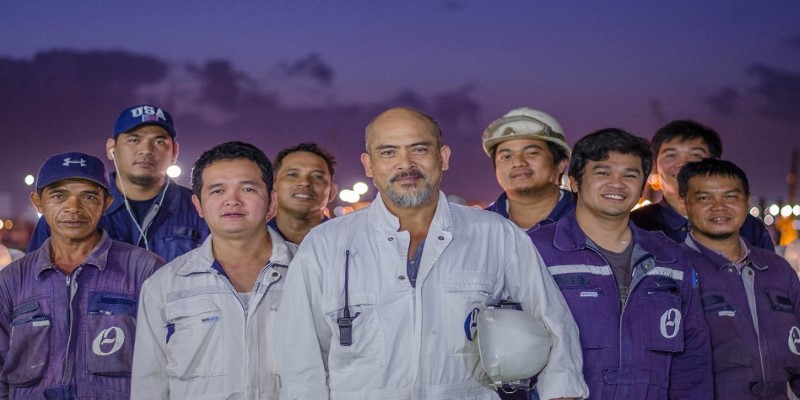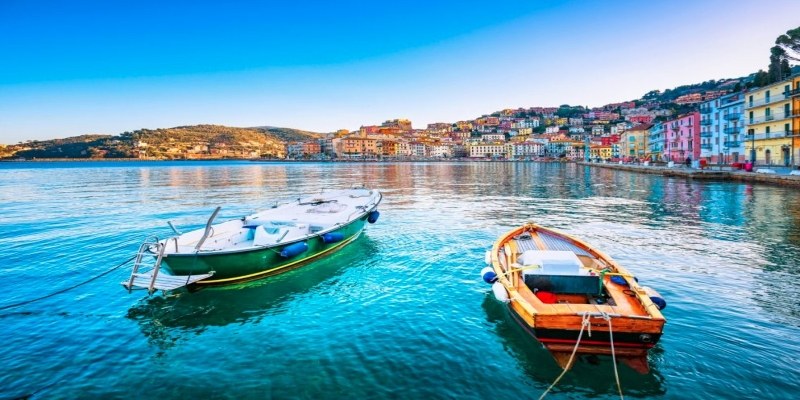The International Maritime Organization (IMO) is a specialized agency of the United Nations responsible for setting global standards for the safety, security, and environmental performance of international shipping. Since its establishment in 1948, the IMO has played a vital role in regulating maritime activities, ensuring that global shipping operates safely, efficiently, and with minimal environmental impact.

Over the decades, the IMO has evolved to address emerging challenges in the maritime industry, making it a cornerstone for the development and implementation of international shipping laws and guidelines.
The IMO was formed in response to the need for a centralized authority that could oversee the growing complexities of international maritime operations. Originally known as the Intergovernmental Maritime Consultative Organization (IMCO), it was rebranded as the IMO in 1982 to better reflect its broadened mandate.
The IMO operates as a global regulatory body that develops and maintains a comprehensive framework of standards covering maritime safety, environmental protection, legal matters, and shipping efficiency. Headquartered in London, the IMOs regulations are adopted and implemented by its 175 member states and three associate members.
The IMOs work revolves around its mission to promote "safe, secure, and efficient shipping on clean oceans." This mission is realized through a combination of regulatory frameworks, conventions, and protocols that are regularly updated to meet the evolving needs of the industry. The organizations strategic objectives include:
The IMO sets standards for ship construction, equipment, and operational safety, ensuring the protection of seafarers and passengers. Conventions like the International Convention for the Safety of Life at Sea (SOLAS) are key instruments in this regard.
The IMO is a global leader in efforts to reduce marine pollution caused by ships. The MARPOL (International Convention for the Prevention of Pollution from Ships) treaty is a critical regulation in mitigating the environmental impact of maritime operations, addressing issues like oil spills, chemical leaks, and waste management.

In recent years, the IMO has expanded its focus to include maritime security. Initiatives such as the International Ship and Port Facility Security (ISPS) Code aim to enhance measures against threats like piracy, smuggling, and terrorism.
Legal and Regulatory Oversight:
The IMO plays an important role in maritime law, establishing international standards for issues like liability, compensation, and the training and certification of seafarers under conventions like the STCW (Standards of Training, Certification, and Watchkeeping).
By creating a standardized regulatory environment, the IMO helps facilitate smooth and non-discriminatory international maritime trade, contributing significantly to global economic stability.
The International Maritime Organization (IMO) is responsible for several key conventions and protocols that form the foundation of international maritime law. These conventions focus on areas like safety at sea, environmental protection, and the training and certification of seafarers. Below are some of the most important conventions established by the IMO:
SOLAS is one of the most critical conventions under the IMO. First adopted in 1914 following the sinking of the RMS Titanic, it aims to set minimum safety standards in ship construction, equipment, and operation. The convention has been regularly updated to address emerging safety challenges and is regarded as the most important international treaty concerning the safety of merchant ships.
MARPOL is the primary international convention aimed at minimizing pollution of the oceans and seas, including oil spills, chemical discharges, and harmful substances. It covers both accidental and operational pollution and addresses several forms of marine pollution, including oil, noxious liquid substances, sewage, garbage, and air pollution.
The STCW convention sets uniform standards for the training and certification of seafarers globally. Adopted in 1978, it was the first convention to establish basic requirements for seafarers on an international scale, ensuring that crew members are adequately trained and qualified to carry out their duties.

Often referred to as the seafarers bill of rights, the MLC establishes comprehensive rights and protections for seafarers. It sets out requirements for working conditions, including hours of work and rest, health and safety, employment agreements, and conditions for living on board ships. The MLC plays a crucial role in ensuring fair treatment and decent working conditions for seafarers worldwide.
The International Maritime Organization (IMO) is governed by an assembly made up of all 175 member states, which convenes every two years. The assembly is the highest governing body of the IMO, responsible for setting policies and approving the budget. Between sessions, a council, elected by the assembly, serves as the executive body, ensuring the continuity of IMO activities. The council supervises five key committees: Maritime Safety, Marine Environmental Protection, Legal, Technical Cooperation, and Facilitation. Each committee focuses on specific regulatory areas like ship safety, environmental standards, and legal matters.
A network of specialized subcommittees that address technical and niche topics such as ship design, cargo handling, and navigation supports these committees. This hierarchical structure enables the IMO to effectively address the wide-ranging and complex issues involved in global maritime governance. Through this organization, the IMO maintains comprehensive oversight of international shipping operations and standards.
The International Maritime Organizations role in shaping the global maritime landscape cannot be overstated. By setting standards for safety, environmental protection, and legal consistency, the IMO has established a framework that promotes the sustainable growth of the maritime industry.
As shipping continues to evolve in response to environmental and technological shifts, the IMO remains a crucial player, guiding the industry toward safer, greener, and more efficient practices. Through ongoing collaboration with its member states and stakeholders, the IMO will continue to be instrumental in addressing the challenges and opportunities that lie ahead in international maritime regulation.

By Isabella Moss/Sep 02, 2024

By Martina Wlison/Sep 01, 2024

By Nancy Miller/Sep 02, 2024

By Aldrich Acheson/Aug 28, 2024

By Madison Evans/Nov 09, 2024

By Celia Shatzman/Sep 02, 2024

By Rick Novak/Jul 13, 2024

By Sid Leonard/Aug 24, 2024

By Sean William/Dec 24, 2024

By Mason Garvey/Sep 02, 2024

By Kelly Walker/Jul 13, 2024

By Susan Kelly/Aug 31, 2024